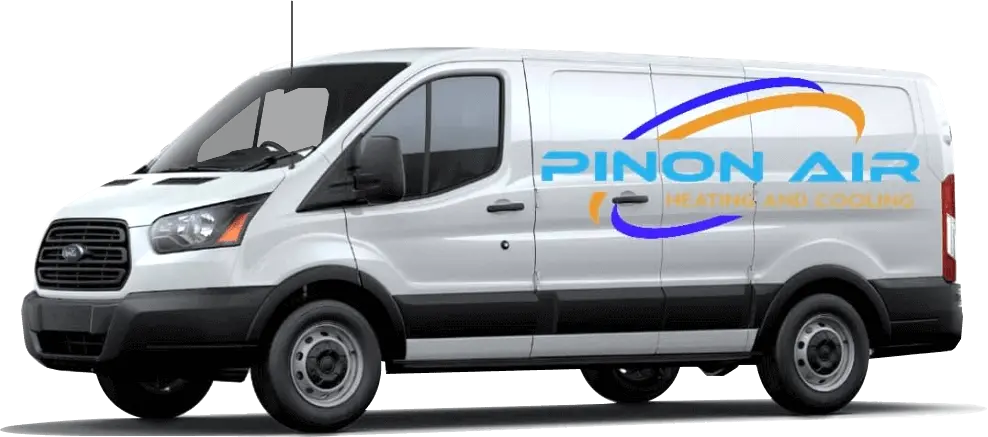When it comes to heating and cooling solutions for residential or light commercial properties, energy efficiency and cost savings are two primary concerns for property owners. Ductless HVAC systems, sometimes referred to as mini-split systems, have emerged as popular alternatives to traditional centralized systems, thanks to their numerous benefits—including superior energy efficiency. Through zoned temperature control, minimal energy loss, and utilization of advanced technologies, ductless HVAC systems offer an energy-efficient way to maintain the desired comfort levels in your property. Understanding the various factors that contribute to the energy efficiency of these systems will help property owners make informed decisions about their heating and cooling needs.
Key Factors Contributing to Ductless System Efficiency
To better understand the energy efficiency advantages of ductless HVAC systems, it is essential to explore the key factors that contribute to their performance and energy-saving capabilities:
1. Zoned Temperature Control: Unlike traditional centralized systems that distribute conditioned air through ducts to the entire building, ductless systems allow for independent temperature control in each room or zone. This feature minimizes energy waste by directing resources only to the areas where they are needed, providing customizable comfort and greater efficiency.
2. Absence of Ductwork: One of the primary sources of energy loss in traditional HVAC systems is leaky ducts. Ductless systems eliminate this problem by directly delivering conditioned air to each zone through the indoor units. This translates into significant energy savings and reduced utility bills.
3. Advanced Inverter Technology: Many ductless systems employ inverter-driven compressors, which adjust the compressor’s power output according to the current cooling or heating requirements. This results in a more efficient, stable operation and reduces energy consumption compared to conventional systems that turn on and off more frequently.
4. Programmable Controls: Ductless systems often feature advanced programmable controls, allowing users to customize the system’s operation based on their preferences and habits. This includes features such as temperature scheduling, timers, and sleep mode, all of which contribute to enhanced energy efficiency.
The Benefits of Going Ductless
Opting for a ductless HVAC system in your residential or light commercial property comes with a range of benefits related to energy efficiency, cost savings, and overall comfort:
1. Lower Utility Bills: The increased energy efficiency of ductless systems leads to reduced energy consumption, ultimately resulting in lower utility bills.
2. Customizable Comfort: The ability to control temperatures independently in each zone ensures that occupants can enjoy a comfortable environment tailored to their preferences.
3. Easier Installation: The absence of ductwork means that ductless systems are easier and quicker to install compared to traditional systems, requiring minimal structural alterations to the property.
4. Enhanced Indoor Air Quality: With regular maintenance, ductless systems can improve indoor air quality by reducing the buildup of allergens, dust, and other contaminants in the air, which can collect in ducts in conventional systems.
Selecting the Right Ductless System
To maximize energy efficiency and reap the full benefits of a ductless HVAC system, it’s crucial to select the right equipment to suit the specific requirements of your property. When choosing a ductless system, consider the following factors:
1. Capacity: Ensure that the system’s capacity is appropriate for the size and layout of your property. Consult with our professionals to determine the appropriate capacity and the optimal number of indoor units required for your property.
2. Energy Efficiency Rating: Look for a high Seasonal Energy Efficiency Ratio (SEER) rating and Heating Seasonal Performance Factor (HSPF) rating, which indicate the system’s cooling and heating efficiency, respectively.
3. Features: Consider additional features that can enhance efficiency and user experience, such as Wi-Fi capabilities, programmable controls, and advanced air filtration systems.
4. Professional Installation and Maintenance: Proper installation and regular maintenance by our experienced professionals are vital to ensure the system operates at peak efficiency and prolongs its lifespan.
Investing in Ductless HVAC Maintenance
Just like any other HVAC system, regular maintenance is essential to extend the life of your ductless system and ensure it continues to function efficiently. Some basic maintenance tasks, such as cleaning or replacing air filters, can be performed by property owners. However, periodic professional maintenance, including inspection, cleaning, and tune-ups of the indoor and outdoor units, is crucial to preserve the system’s energy efficiency and overall performance.
Conclusion
Ductless HVAC systems offer an energy-efficient heating and cooling solution for residential and light commercial properties, thanks to their zoned temperature control, elimination of ductwork, and advanced technologies. By opting for ductless systems, property owners can benefit from lower utility bills, customizable comfort, and a host of other advantages.
Our experienced professionals at Pinon Air Heating and Cooling can help you select, install, and maintain the right ductless HVAC system to meet your specific needs and maximize energy efficiency. Trust us to provide reliable and expert solutions for all your ductless system requirements. Contact our HVAC company in Phoenix, AZ today to learn more about how a ductless HVAC system can benefit your property.






